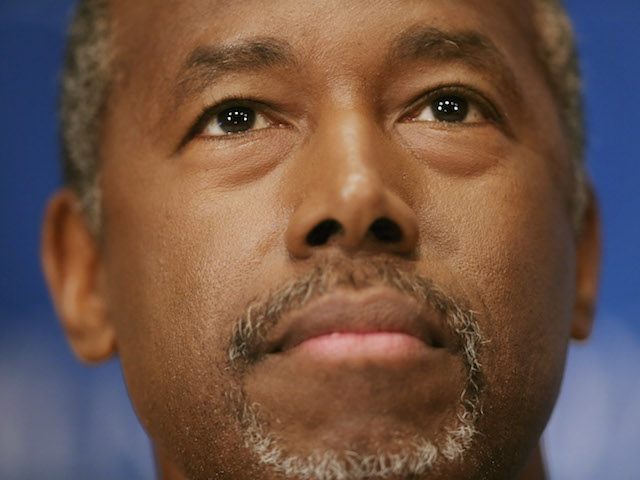Ohio Gov. John Kasich seized second place in the New Hampshire primary on Tuesday evening, in a race Donald Trump had dominated since the fall.
But others had also spent time in the second place slot behind Trump, including former Hewlett Packard CEO Carly Fiorina after her strong undercard debate performance in September; and Dr. Ben Carson, who was in second for much of the autumn, but finished in last place on Tuesday evening.
What happened? A look at the RealClearPolitics averages allows us to pinpoint the exact moment when Carson began to fade, never to recover: Nov. 13, 2015.
That was the day that Islamic State terrorists carried out bloody attacks across Paris, killing dozens and wounding hundreds. Suddenly, foreign policy was thrust to the forefront, along with Second Amendment rights, and Americans began looking for strong leadership in its candidates.
When Paris caused Carson to dip, the media–or the Carson campaign’s management of it–ensured that his dip became a permanent decline. On Nov. 17, the New York Times published an article about Carson’s efforts to master foreign policy, which included this devastating paragraph:
“Nobody has been able to sit down with him and have him get one iota of intelligent information about the Middle East,” said Duane R. Clarridge, a top adviser to Mr. Carson on terrorism and national security. He also said Mr. Carson needed weekly conference calls briefing him on foreign policy so “we can make him smart.”
Driving the point home, the Times added: “As the deadly assaults in Paris claimed by the Islamic State reframe the presidential race, the candidates’ foreign policy credentials are suddenly under scrutiny.”
Carson would never recover in New Hampshire–or nationwide, where he had led the polls just a week before.

COMMENTS
Please let us know if you're having issues with commenting.